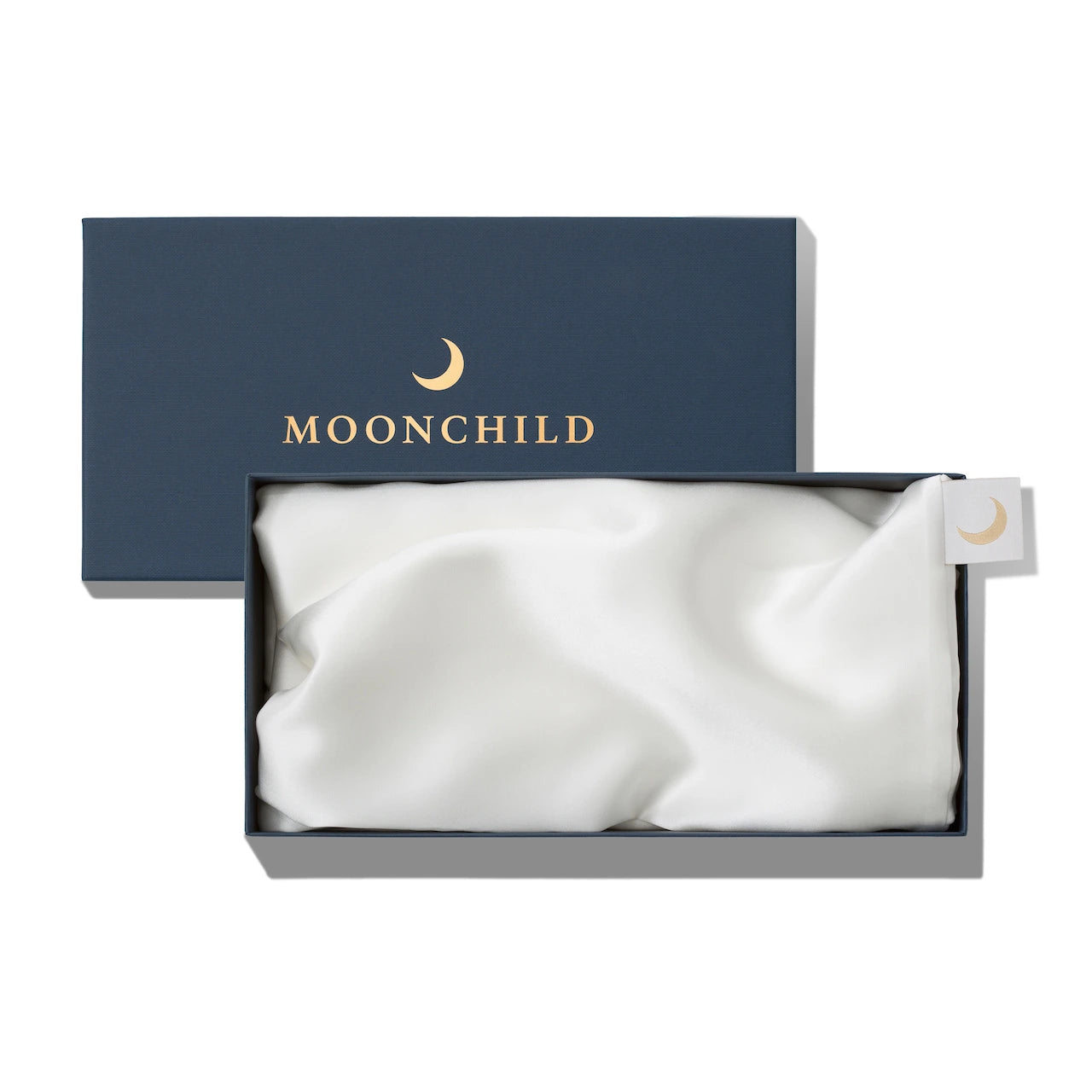When night falls and the world begins to quiet, your body has its own gentle signal that it’s time to rest: melatonin. Often called the “sleep hormone,” melatonin plays a key role in helping your body recognize when it’s time to wind down and when to wake up. But beyond sleep, this natural hormone has deeper benefits for your overall well-being.
What Is Melatonin?
Melatonin is a hormone produced in the pineal gland of your brain. Its release is closely tied to light exposure—levels rise in the evening as darkness settles in, preparing your body for sleep, and fall again with the first light of morning. In other words, melatonin helps regulate your circadian rhythm, the internal clock that guides your daily cycles of sleep and wakefulness.
Benefits of Melatonin
-
Supports Better Sleep: Melatonin can make it easier to fall asleep, especially when your rhythm is disrupted by stress, travel, or irregular schedules.
-
Eases Jet Lag: For travelers, melatonin supplements are often used to gently reset the body clock when moving across time zones.
-
Potential Mood Support: Research suggests that melatonin’s role in circadian balance may influence mood regulation.
-
Antioxidant Properties: Melatonin may also help protect cells from oxidative stress, giving it benefits beyond sleep.
Uses of Melatonin
Melatonin is most commonly used as a short-term sleep aid—whether for insomnia, shift work, or jet lag. Unlike traditional sleeping pills, it doesn’t force sleep but instead signals to your body that it’s time to rest. However, it’s best to use melatonin in small doses and under professional guidance, since taking too much can sometimes disrupt your rhythm rather than help it.
Natural Sources of Melatonin
Your body makes melatonin naturally, but certain foods can give it a gentle boost:
-
Cherries and tart cherry juice
-
Grapes
-
Tomatoes
-
Walnuts
-
Oats and rice
Simple lifestyle habits can also protect your natural melatonin production: dimming lights in the evening, avoiding blue light from screens before bed, and keeping a consistent sleep schedule.
A Natural Signal to Rest
Melatonin isn’t a magic fix, but rather a quiet partner in your nightly rest. By respecting its rhythm—through mindful habits, nourishing foods, or careful supplementation—you allow your body to follow its natural cycle of light and dark. And with that, sleep often feels less like a struggle and more like a gentle return to balance.




















